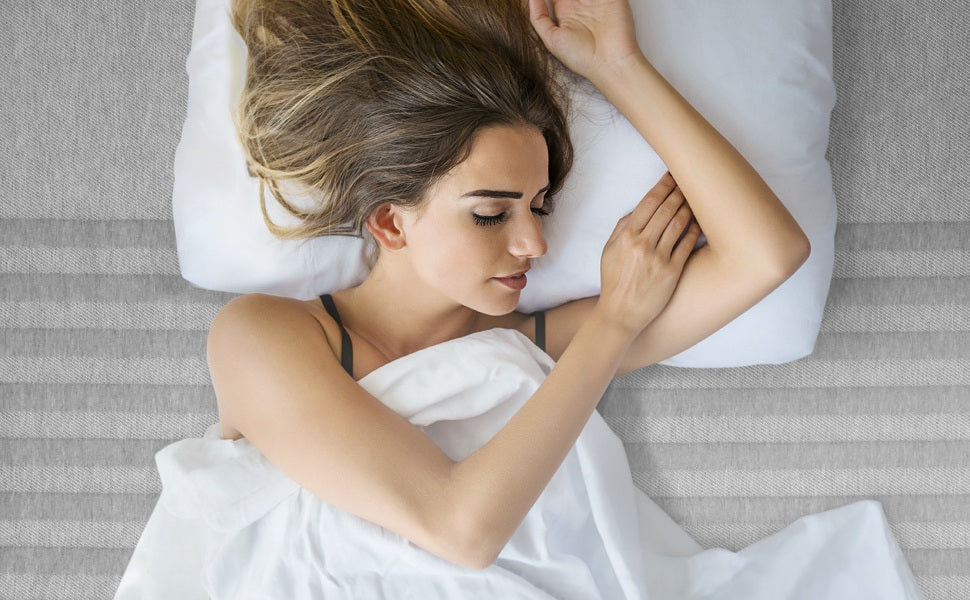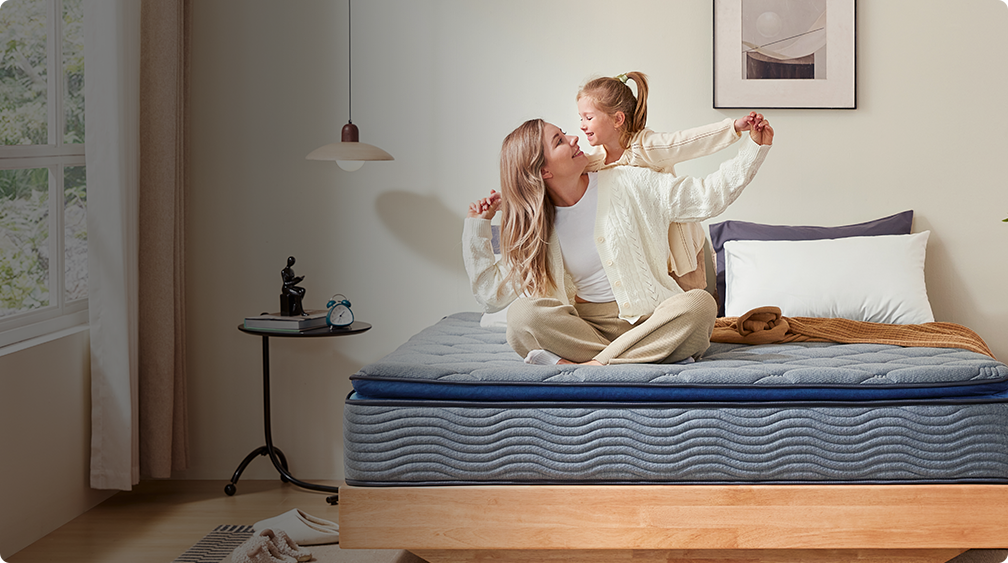The question of which direction you should sleep in is a long-standing one, with various ancient traditions offering different perspectives. While there’s no universally accepted answer, several guidelines have emerged over time from different cultures.
In both Vastu Shastra (Indian) and Feng Shui (Chinese), certain sleep directions are believed to bring more restful sleep. These recommendations are not random; they are based on the natural energy fields and alignment of our bodies with the Earth’s magnetic force. Here are some general recommendations:
- Feng Shui suggests that sleeping with your head pointing towards the south or southwest brings balance and promotes positive energy flow.
- Vastu Shastra also recommends the south-facing direction for sleeping, as it is believed to promote health and longevity by aligning with the Earth's magnetic field.
- Sleeping with your head in the north or east is generally discouraged in these traditions, as it is believed to lead to disturbed energy and restless sleep.
While these ancient practices suggest optimal sleeping directions, it’s important to remember that personal comfort should be a priority. Some people may not feel comfortable with these orientations, and their body’s natural rhythms may dictate a different direction. This leads us to the next part of this article, where we explore why sleep direction affects your quality of rest.

























